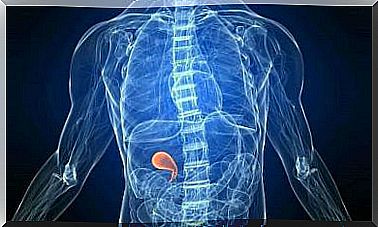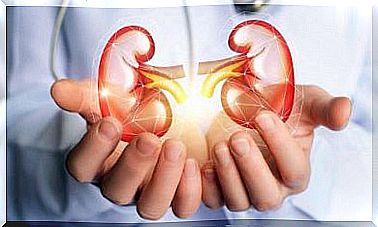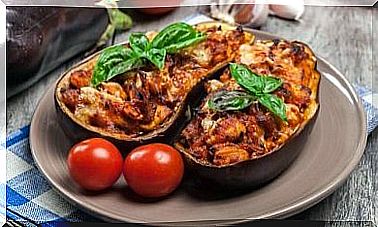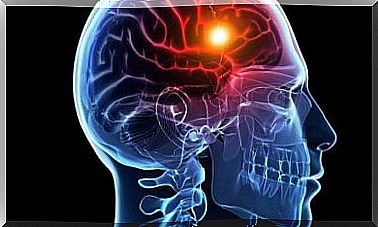The Best Foods For Stomach Pain

There are many parameters in a diet for relieving stomach pain, also known as dyspepsia. This type of discomfort that occurs in the upper abdomen is caused either by a Helicobacter pylori infection or by a recurrent gastroesophageal reflux. Wondering what are the best foods you can eat for stomach pain?
Today’s article will give you some tips on the changes you can make in your daily diet. Keep reading so you can put them into practice. You will not only alleviate the discomfort, but you will also recover your usual lifestyle. Consult your doctor for an accurate diagnosis if the problem persists.
The best foods for stomach pain
Fish and lean meat are among the types of foods you should eat in case of dyspepsia. They can provide proteins that help repair tissues. In addition, they contain few lipids responsible for constipation and therefore do not cause digestive discomfort.
Always opt for fish and white meat, because they will facilitate digestion, as stated in an article published in the Journal of Gastroenterology and Hepatology. Your priority in this case is to limit your fat intake so as to reduce gastric reflux – it will aggravate dyspepsia.
In addition, lean pieces of meat and fish will give you the amount of protein your human body needs every day. Similarly, you will supplement your diet with all kinds of nutrients that will support natural metabolic processes. Remember that cardiovascular health requires a well-balanced maintenance and prevention diet.
In addition, you should also eat fermented foods that contain probiotics. Yogurt and kefir are two wonderful examples of this. You may not have known this, but regular intake of probiotics can relieve stomach pain and other types of gastrointestinal problems.
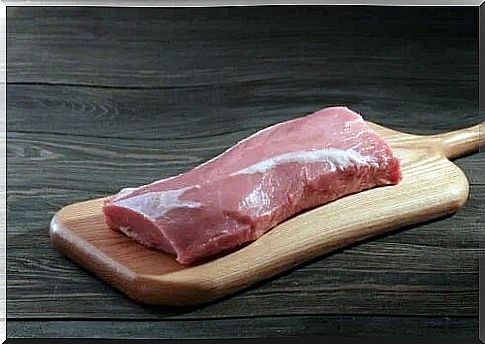
Foods that you should eat in moderation
Reduce the consumption of flour and refined sugars, as they often lead to gastrointestinal problems. According to experts, people with dyspepsia cannot absorb fructose properly, which affects their ability to digest and metabolize sugars.
In addition, it limits fiber consumption. Indeed, you need a certain amount of fiber to have adequate intestinal transit. However, the excess can lead to constipation and can aggravate stomach pain. For this reason, you should restrict the regular consumption of pasta and refined cereals. Instead, choose root vegetables to meet your carbohydrate needs.
It is also important to minimize your intake of harmful fats and the consumption of fried foods. These types of foods increase the risk of reflux and lead to slow digestion. Try cooking food on the grill, in the oven or on the steamer.
Reduce your intake of heavy sauces and dressings, as they contain many calories and lead to constipation, which in turn causes stomach discomfort.

As you can see, changing your diet is very important when it comes to improving dyspepsia. Consult a physician for proper diagnosis and treatment. Any change you make in your daily diet is crucial.
Limit your intake of fat and fiber and increase the consumption of fermented products if you have chronic stomach problems. Also, discuss probiotics with your doctor and ask them to suggest some supplements that can improve the evolution of your health.
Stay away from alcohol and irritants. To avoid major complications, try not to drink alcohol at all. Consult a doctor or nutritionist to design a menu that meets your individual needs.

